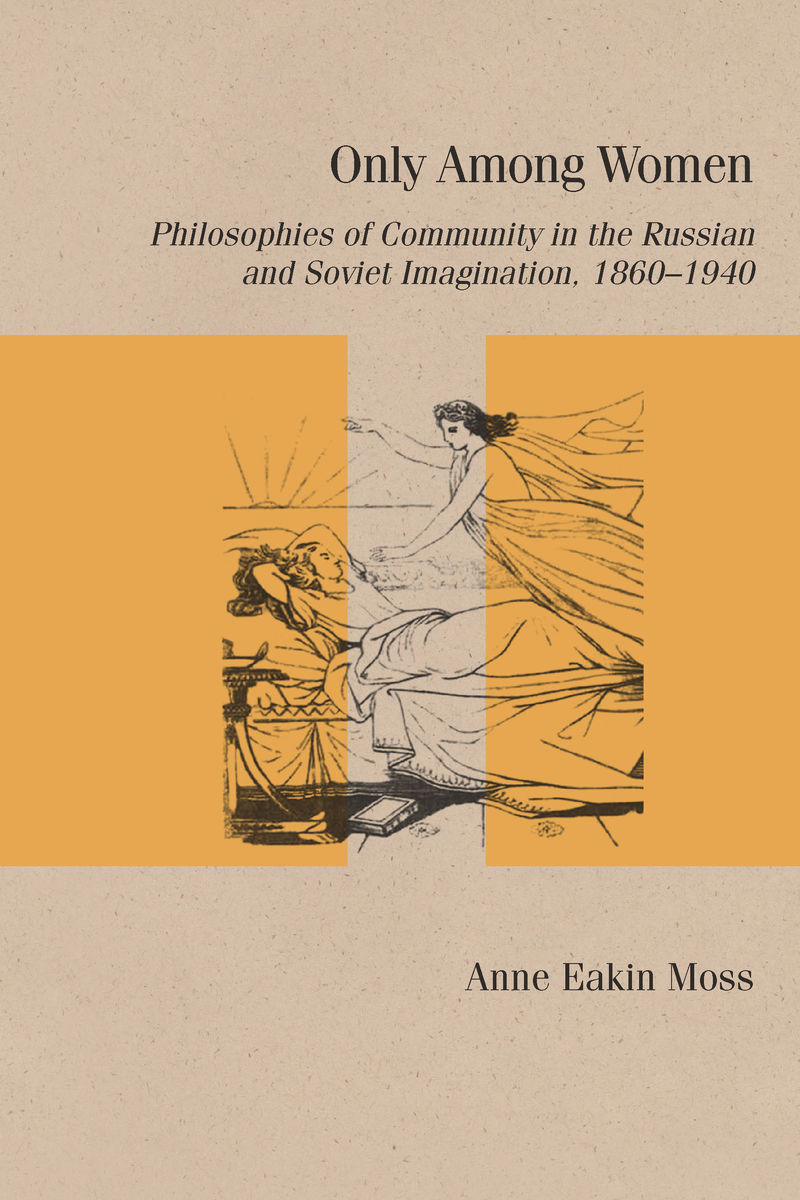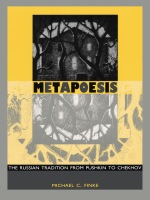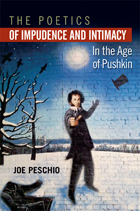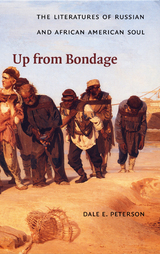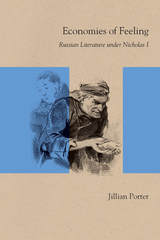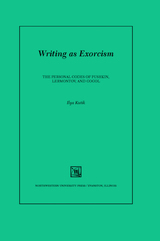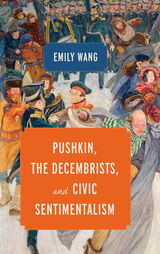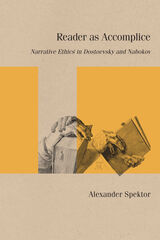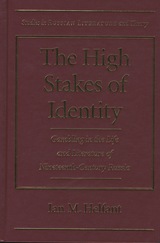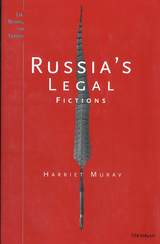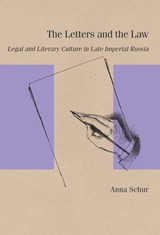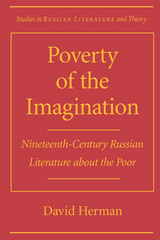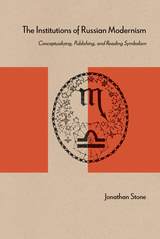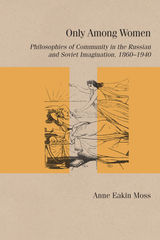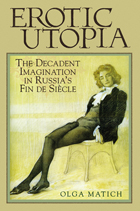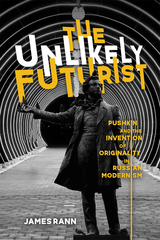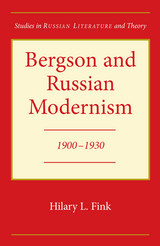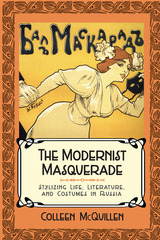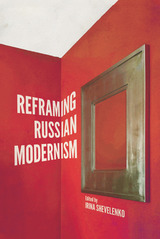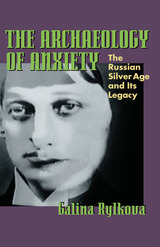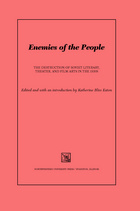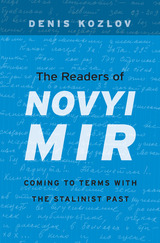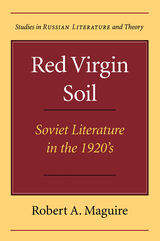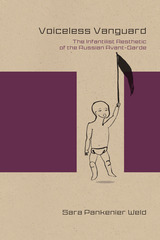“This book is a fascinating, mature, and thoughtful study of the ways in which women characters and women’s communities figure in the Russian imagination. It demonstrates how central women and the idea of women have been to the ways primarily male Russian writers, thinkers, and film directors have conceived of society across almost a century.” —Angela Brintlinger, author of Writing a Usable Past: Russian Literary Culture, 1917–1937
"This extraordinarily erudite and insightful book provides a new understanding of one of the crucial Russian cultural topoi. From Chernyshevsky and Tolstoy in the 1860s to Soviet cinema of the 1930s, idealized women’s community has often been viewed as an emblem of humanity and a paradigmatic embodiment of the so-called 'Russian Idea.' However, as Eakin Moss demonstrates, the age of modernism yielded an alternative vision of womanhood, one stripped of idealistic belief in the essential goodness of the 'eternal feminine' and reduced to immanence. Understanding Russian thought, culture, and politics in the twentieth and twenty-first centuries requires a thorough comprehension of both the idealistic and the modernist paradigms in a variety of dialectical permutations. Ambitious, well researched, and elegantly written, Eakin Moss’s book is indispensable reading for anyone interested in the complexity and range of Russian ideas." —Lina Steiner, author of For Humanity’s Sake: The Bildungsroman in Russian Culture
"Anne Eakin Moss is like a triathlete who uses different equipment to cover a long distance and reach a distant goal. In this case, the distance
is some eighty years of Russian and Soviet culture, and the goal is a fuller understanding of the representation and philosophy of communities of women. The ground traversed includes belles lettres, literature, philosophy, drama, and film . . . It treats works by Tolstoy, Chernyshevsky, and Chekhov, Muratova, Zinovieva-Annibal, Eisenstein, Muratova, and a number of lesser-known Soviet film directors. By juxtaposing these figures and treating them in from a new perspective, Moss inevitably poses questions that haven’t been posed before, and we learn things that we hadn’t even thought to ask about . . . Moss deserves our gratitude and our congratulations." —Sarah Pratt, The Russian Review
". . . an experimental project whose pleasures lie in the interplay of connections brought to light in a novel investigation of women’s relationships . . . It is a dense and complex interweaving of cultural and ideological strands, and the discussions in each chapter offer penetrating readings of the texts in relation to their historical, philosophical, and literary contexts, as well as readings of Soviet films of the 1930s. This panoramic and nuanced treatment of women’s communities that evolve across almost a century in the Russian and Soviet imagination is a subject that Eakin Moss assembles, identifies, and evaluates in relation to the Slavophile-Westerner controversy whose 'visions of community' she sees as 'intertwined,' and not, as is 'classically' thought, opposed." —Sharon Cameron, Los Angeles Review of Books
“Moss’s thoughtful and well-researched study will be of interest to Russian scholars from different fields. It makes an important contribution to the existing scholarship pertaining to Russian history of ideas and modernist studies. It maps a new direction in the exploration of Russian treatment of the woman question across different periods and genres.” —Alexandra Smith, Slavonic and East European Review
